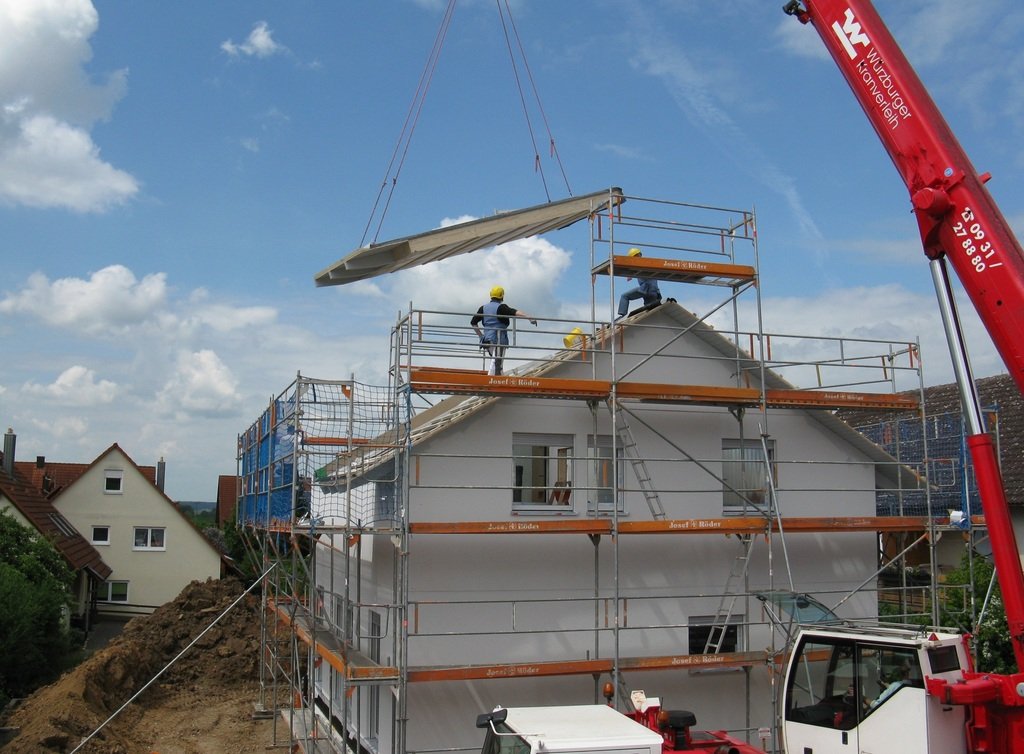Table of Contents Show
With Toronto home prices continuing to rise, new home buyers will need to get creative to afford the home of their dreams. Whether you want to buy an existing home or create a custom home, the sticker price is just the first step in considering the overall cost of your new home.

So how do you get the best price for your home? Negotiation is key, many homebuyers are surprised to find out that you can negotiate price on both the purchase of an existing home as well as a new home build.
Even in today’s housing market, buyers still have some negotiating power. So understanding how and when to negotiate is crucial in getting most of your money.
Ways to Negotiate Price on Your New Construction Home
Negotiating anything can be intimidating, and when you’re making a high-dollar purchase like building a home, many buyers shy away from negotiating with the seller or the builder. However, using one (or more) of the following ways can save you a significant amount of money on your next home purchase.
Pre-Construction Homes vs. Nearly Finished Builds
It might not make logical sense, but homes that are move-in ready or in the final stages of construction are often much more affordable than if you were to work with a builder from scratch.
It’s often much easier to negotiate a lower price when the home is move-in ready, even on top of the generally lower price to start with.
The reason you can negotiate more successfully with finished or nearly finished new construction homes is that the builders have an exact cost breakdown of the house.
This means that they know the absolute bottom dollar they can sell the home and still make a profit. With a concrete number, builders are more comfortable negotiating with buyers.
Builders don’t have those figures until the home is complete or nearly finished. During the building process, many factors can play into increasing building costs, meaning builders may be more conservative with negotiating early in the build – this is why knowing when and how to negotiate is just as important as how much to negotiate.
However, that doesn’t mean you can’t negotiate with builders at the start of the project. If you’re interested in a fully custom home, starting with a builder from scratch may outweigh extra negotiation power.
Read Also:
Focus on Free Upgrades
There are more ways to negotiate than just talking about the price you’re going to pay for your new construction home. For example, free upgrades to your home often end up being a win for you and a win for the builder.
The builder gets the full asking price for the home with minimal extra cost on a few free upgrades, and you get a higher-quality home without paying extra.
Builders may have built-in upgrade programs or offer depending on where you build when you build, or how much you’re spending on building the home. There are plenty of upgrades that the builder can offer for free while minimally impacting their profits.
These upgrades can range from better appliances and fixtures to fencing and simple landscaping. These simple upgrades don’t cost you any money and can actually increase your home’s overall value, especially when it comes to selling it in the future.
Build at the Right Time
Proper timing is essential; hence, if you want to build, start the purchase process as close to the end of the year as possible. Prices are generally lower at the end of the year. Just as the year comes to an end, you’ll undoubtedly notice a fall in price if builders have finished homes that are ready to sell.
Most builders don’t want empty homes carrying into the new year – they also want as much cash as possible to start the new year, so they might be willing to lower prices to get rid of their unsold inventory.
If you want to build a custom home from scratch, you may have better-negotiating power as you get closer to the end of the year as well. Residential construction generally slows down in the winter months, meaning builders may be more willing to negotiate a price.
Negotiating Closing Costs
New homebuyers often don’t realize that in addition to down payment to satisfy your lender, there are also closing costs involved in purchasing a home. Closing costs can be upwards of 4% of the total price of the home or more, which means you’ll end up needing to bring thousands more to the closing table.
To put closing costs into perspective, 4% of a $350,000 is an additional $14,000 that you need to bring to your signing, which is a considerable amount of money on top of a down payment for your lender.
A common negotiation tactic is negotiating with the seller (or the builder) to make a part payment or all closing costs. Builders often work with preferred lenders and may offer to cover some or all of the closing costs if you work with one of the preferred lenders.
Know Your Market
Knowing your market is important for any home purchase, whether it’s an existing home, a brand new build, or working with a builder on a custom home.
If you don’t have a good sense of general home prices in your area, you don’t have much power to negotiate the price of your new construction home. So do your research, understand what can and can’t be done, and most importantly, don’t be afraid to negotiate.









